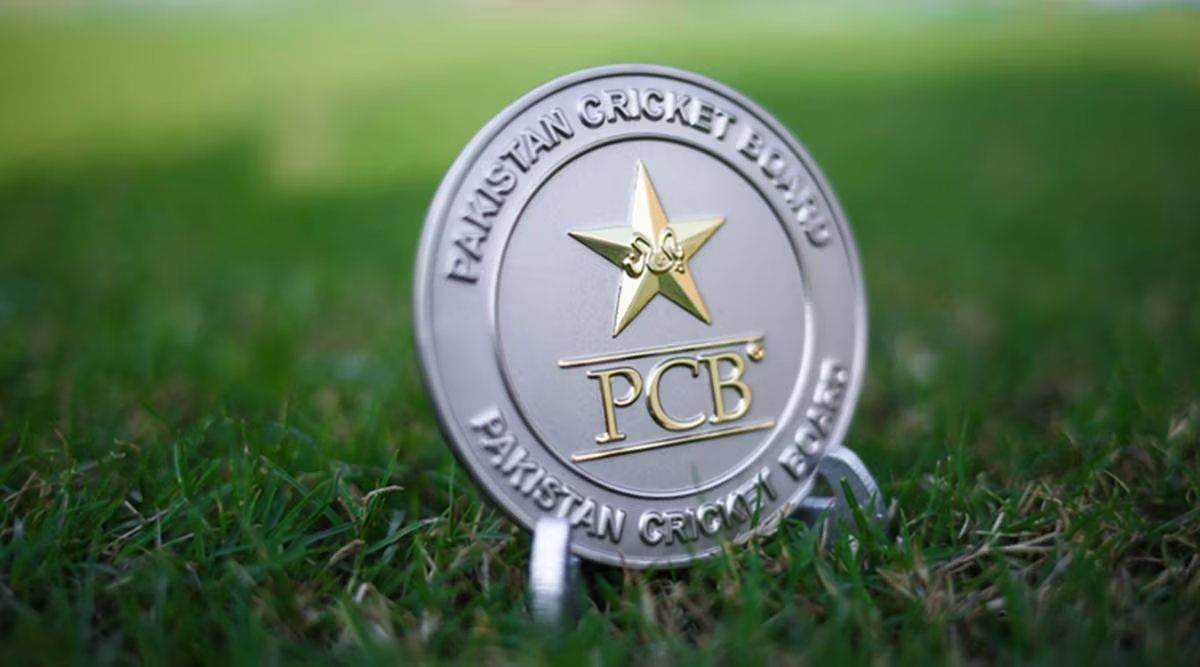Najam Sethi Reveals PCB Nearly Boycotted Asia Cup 2025 Clash vs UAE, Risking ₹132 Crore Loss

- Ex-PCB chief Najam Sethi revealed Pakistan nearly boycotted their Asia Cup 2025 clash vs UAE.
- PCB chairman & ACC president Mohsin Naqvi wanted to pull out after the handshake controversy vs India.
- Boycott could have cost PCB ₹132 crore in broadcasting rights and risked ICC/ACC sanctions.
- A last-minute intervention convinced Naqvi to play, with Pakistan eventually beating UAE.
In a sensational revelation, former Pakistan Cricket Board (PCB) chairman Najam Sethi disclosed that Pakistan came dangerously close to boycotting their Asia Cup 2025 Group Stage clash against the UAE. The move, pushed by PCB chairman and Asian Cricket Council (ACC) president Mohsin Naqvi, could have caused irreparable damage to Pakistan cricket, including losses of nearly ₹132 crore (USD 15 million).
Speaking on Samaa TV, Sethi said:
“In the heat of the moment, Mohsin Naqvi had decided to withdraw from the Asia Cup. My friends told me, ‘Don’t go, don’t help them.’ I wasn’t even planning to help Naqvi. I went to help the Pakistan Cricket Board.”
Boycott Threat After India-Pakistan Handshake Row
The crisis originated from the controversial handshake snub during Pakistan’s defeat against India in Dubai. Pakistan alleged that Indian players refused to shake hands, and filed an official complaint against match referee Andy Pycroft, demanding his removal.
However, the ICC rejected PCB’s demand, clarifying that Pycroft had only relayed instructions from the ACC’s venue manager about post-match protocol. Matters worsened when PCB claimed Pycroft had apologised, which the ICC later denied, saying he had merely expressed regret over miscommunication.
Adding fuel to the fire, the PCB was caught filming a private meeting inside the restricted Players’ and Match Officials’ Area (PMOA), a serious breach of ICC rules.
Financial & Cricketing Fallout If Boycott Happened
Najam Sethi warned that Pakistan risked severe consequences if Naqvi had gone ahead with the boycott.
“If what he was attempting had succeeded, Pakistan would have suffered irreparable damage. We could have been sanctioned by the ACC, penalised by the ICC, foreign players might have refused to play in the PSL, and we stood to lose $15 million in ACC broadcasting rights,” he said.
Hours before Pakistan’s must-win clash against the UAE, an emergency meeting was called, involving Naqvi, Sethi, and former PCB chairman Ramiz Raja. The Pakistan squad was even instructed to stay back in the hotel until a decision was finalised, delaying the match start by nearly an hour.
Eventually, Naqvi was convinced to reverse his decision. Pakistan played the match, defeated the UAE, and secured qualification into the Super Four stage.
ICC Yet to Decide on Sanctions
While the immediate crisis was averted, the ICC has not yet clarified if disciplinary sanctions will follow over the PMOA violation. The governing body has already issued notices to PCB for multiple breaches of protocol, adding further uncertainty to Pakistan’s Asia Cup campaign.
With tensions high, the episode has once again highlighted the fragile state of Pakistan cricket administration and its volatile relationship with international cricket bodies.



